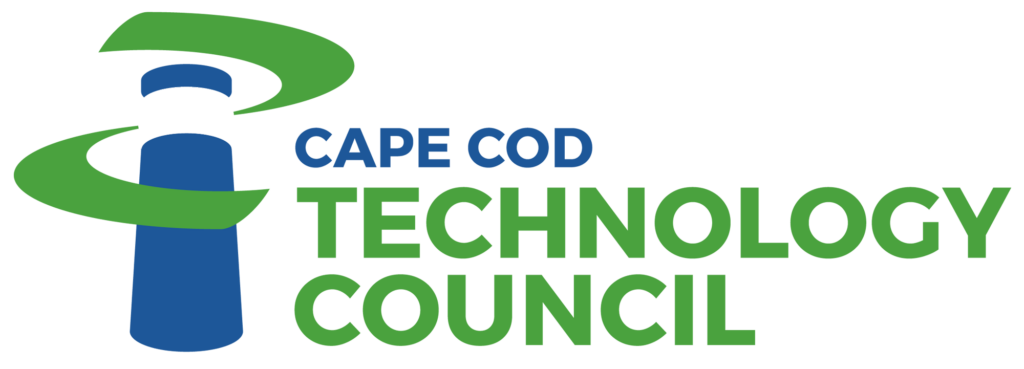A Special Commission was formed in September 2011 to look at the organization of Barnstable County government, hear testimony, evaluate and develop ideas, and finally present a set of recommendations. The Special Commission is comprised of Cape political, business, and community leaders. CCTC president Bert Jackson and CCTC director Terry Duenas both serve on the Commission.
On Nov 30, 2011, the Commission held a public hearing and accepted testimony from interested persons and organizations. CCTC general counsel Eugene Curry presented the follow statement to the Commission on behalf of the CCTC:
STATEMENT OF THE CAPE COD TECHNOLOGY COUNCIL, INC.
TO THE SPECIAL COMMISSION ON COUNTY GOVERNANCE
The Cape Cod Technology Council[1] welcomes the opportunity to offer comments to the Special Commission on County Governance as it reviews Barnstable County’s governmental structure. This review takes place at a particularly auspicious time. Although Barnstable County’s government faces significant financial challenges, new opportunities are emerging. With the deployment of the Open Cape enhanced broadband network, the Cape will have access to a powerful new civic infrastructure which will provide us with a significant advantage over other communities.[2]
The Technology Council, and our partners in the Smarter Cape Partnership,[3] understand that the promise of this technological advantage will not be fulfilled unless all segments of the Cape community — business, education, the arts, and government — begin collaborating in new ways take advantage of these remarkable opportunities. Accordingly, the Technology Council urges that, as the members of the Special Commission undertake your review, you consider how we can work together to create a Smarter Barnstable County Government.
What does the Technology Council mean by a Smarter Barnstable County Government? We mean a county government that employs a new broadband civic infrastructure that opens the door to providing government services in more agile, productive, and flexible ways. We envision a county government that takes advantage of advanced technologies to:
- gather and leverage information for better data-driven decision making by integrating previously disconnected data sources;
- communicate more effectively with the citizenry and stakeholders; and
- link and deploy our public resources more effectively.
What does the Technology Council mean by advanced technologies? Some years ago at a Technology Council networking breakfast, technology visionary John Landry predicted that amazing opportunities would result from the confluence of ubiquitous broadband, inexpensive data storage, and powerful analytical tools. That day has come. Around the world, communities are exploiting advanced technologies to track energy and water use online to change consumption habits, facilitate use of public transportation, reduce inefficiency and increase productivity in the delivery of social services, provide mobile access to criminal records, and manage deployment of emergency services.[4] The integration of data with new approaches to visualization and mapping can make public decisions more clear and coherent. For example, Arizona State University uses its “Decision Theater” to enable policymakers to weigh different policy options. [5] As our world becomes more interconnected, these decisions increasingly carry impacts across old organizational and political boundaries.
Closer to home, the Cape Cod Commission and IBM are collaborating to deploy these advanced technologies to develop “pilot projects to demonstrate the value of smart systems that utilized real time data, connectivity, and advanced analytics addressing the Cape’s infrastructure”.[6] A first step in that process is to create a Center for Excellence for Water Resources. This collaboration will help us manage our precious fresh water resources by developing standards for data management, data collection, and algorithms for integrating different data sets. Another local illustration of leveraging advanced technologies is SmarterCape / Open Cape proposal for the development of a Regional Umbrella Service System, which will take advantage the Open Cape Network and Regional Collocation Center to aggregate communications service purchasing and develop regional applications, such as E-Permitting.
Advanced technologies include social media applications and other tools that can make government more agile, responsive and accessible. For example, in a rare display of bi-partisanship, on December 7th, Congressional Leaders Eric Cantor and Steny Hoyer will bring together “Members of Congress, Congressional staffers, Facebook engineers, and software developers in the first Congressional Facebook Hackathon to explore the potential connections between legislative data, constituent correspondence, and social media”. [7] In San Francisco, New York, and other communities that make data available to citizens, developers are creating applications that reinvent how citizens engage with government. For example, the application SeeClixFix connects to San Francisco’s 311 complaint system to post pictures of potholes and other problems and get a work order for repairs. Citizens can then follow-up online.[8]
What is the significance of these advanced technologies to the Special Commission? As attractive as these advanced technologies may be, they are nothing more than the tools of a new civic infrastructure. Our county’s civic leaders must be willing to learn how to use these tools, in order for our citizens to realize their potential unprecedented benefits. As the Intelligent Community Forum has observed,
Communities will succeed wherever these issues receive the prolonged attention of their most senior elected and administrative leaders. Where the issues are relegated to mid-level staff, busy defending their budgets and prerogatives, communities will languish.[9]
We urge the members of the Special Commission, as the senior leadership in Barnstable County, to make integration of advanced technology a priority in your review of Barnstable County government. Explore how leaders worldwide are re-imagining their “civic infrastructure”: the connections among government, education, business and non-profits to build healthier, more resilient and more sustainable economies. The Technology Council is prepared to provide on-going guidance to the Special Commission to explore these exciting possibilities, and welcomes the opportunity to do so.
